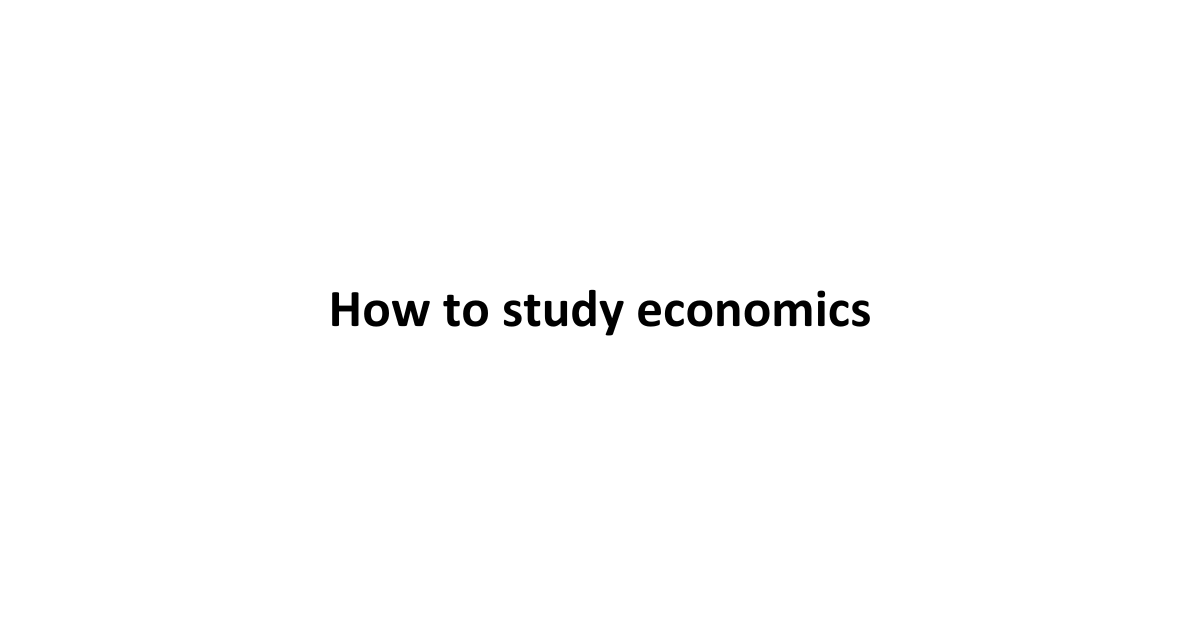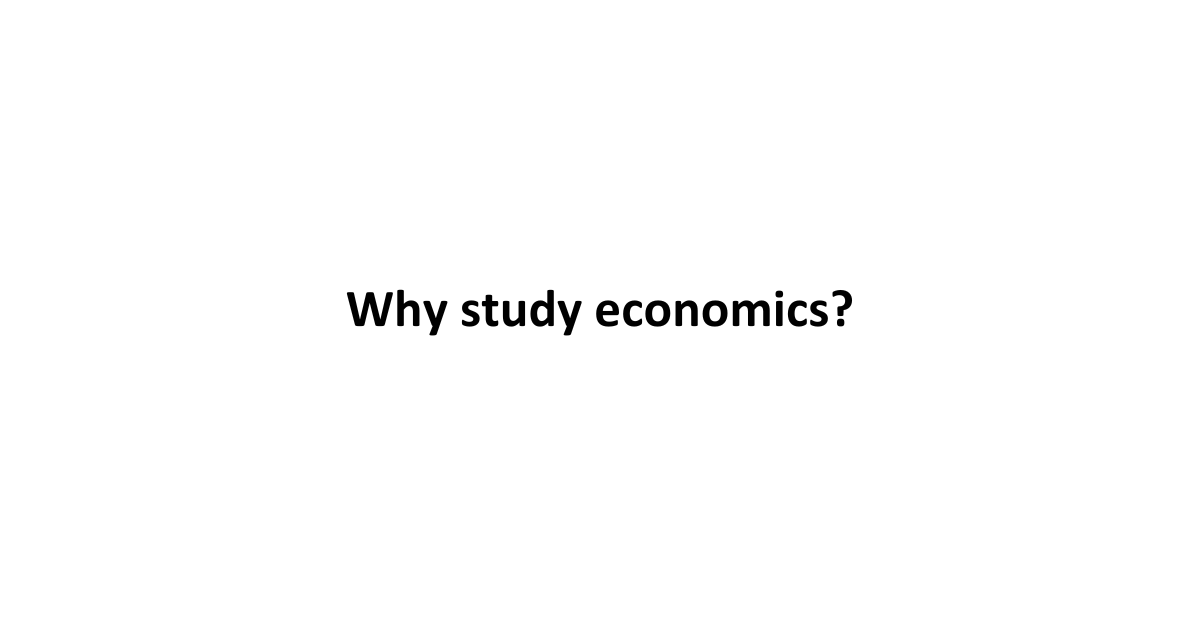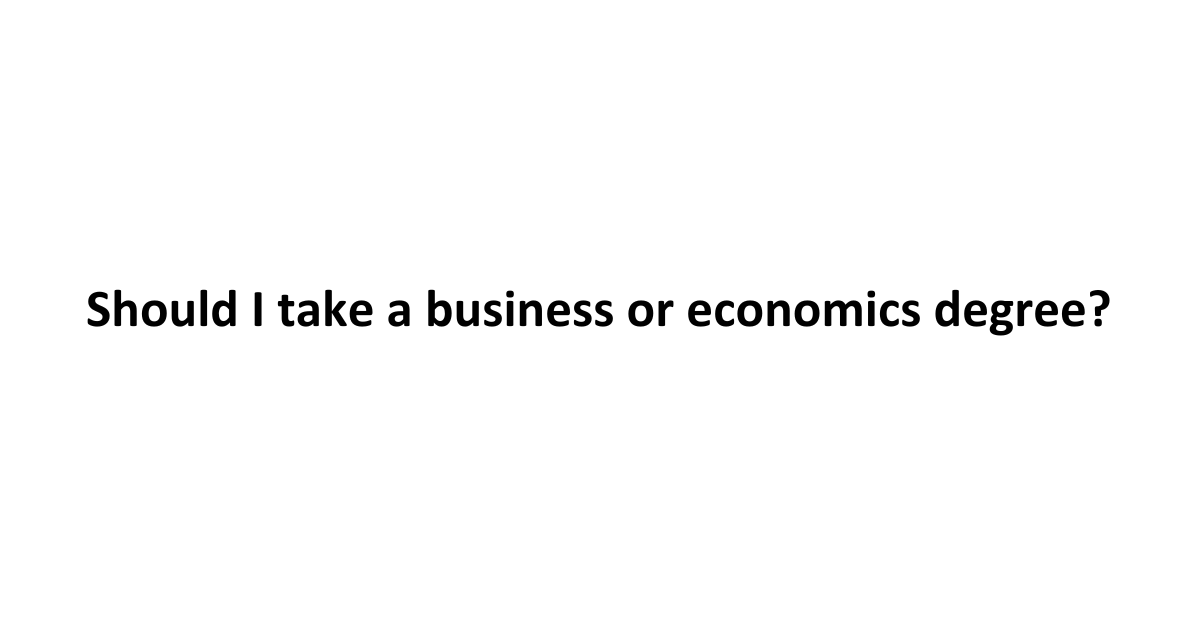17 Dec How to be a good tutor
Private tutoring is a career choice where you are your own boss. You can easily monitor and determine your own working hours, location, and work goals as well. Arguably best of all, you can also determine the number of students you wish to take in and adjust their tutoring fees according to your preferences.
On the flip side, every business requires a lot of sacrifice, and being a private tutor is no different. To establish yourself as a good private tutor, one can consider the following tips and strategies:
- Evaluate your ideas and constraints – Creativity is what happens when you push yourself beyond your limits. To keep yourself thinking outside the box, regularly ask questions such as: what are the various ways I can approach this problem? What is the purpose of this idea? What are the constraints? With these questions, you will always be able to come up with new creative ideas.
- Be honest and flexible – Being authentic and adaptable with your students will help you to establish good rapport with them and will build trust in the tutoring relationship. Being a good tutor also means being able to customize your teaching skills and approaches to suit your students so that they can walk along with their tutors smoothly.
- Be patient – Things that are easy you may not be easy for your students. Remember to make patience the foundation of your teaching techniques and be deliberate in concealing any unnecessary annoyance in your voice or body language when talking to your students.
- Be a good listener – It is essential for tutors to be good listeners because children often have many thoughts that they need to say aloud. Be attune to picking up clues in students’ behavior and manners of speaking to get a comprehensive idea of what your students have been feeling. And remember, a good learner should never dominate the conversation.
- Have confidence – Having confidence doesn’t always mean knowing all the answers to any question your students ask. It can also mean having the courage to say “I don’t know the answer”. It is okay to tell your students that you need time to think through or do research on a question before you get back to them. Your confidence will surely inspire them to be unafraid to ask questions themselves.







